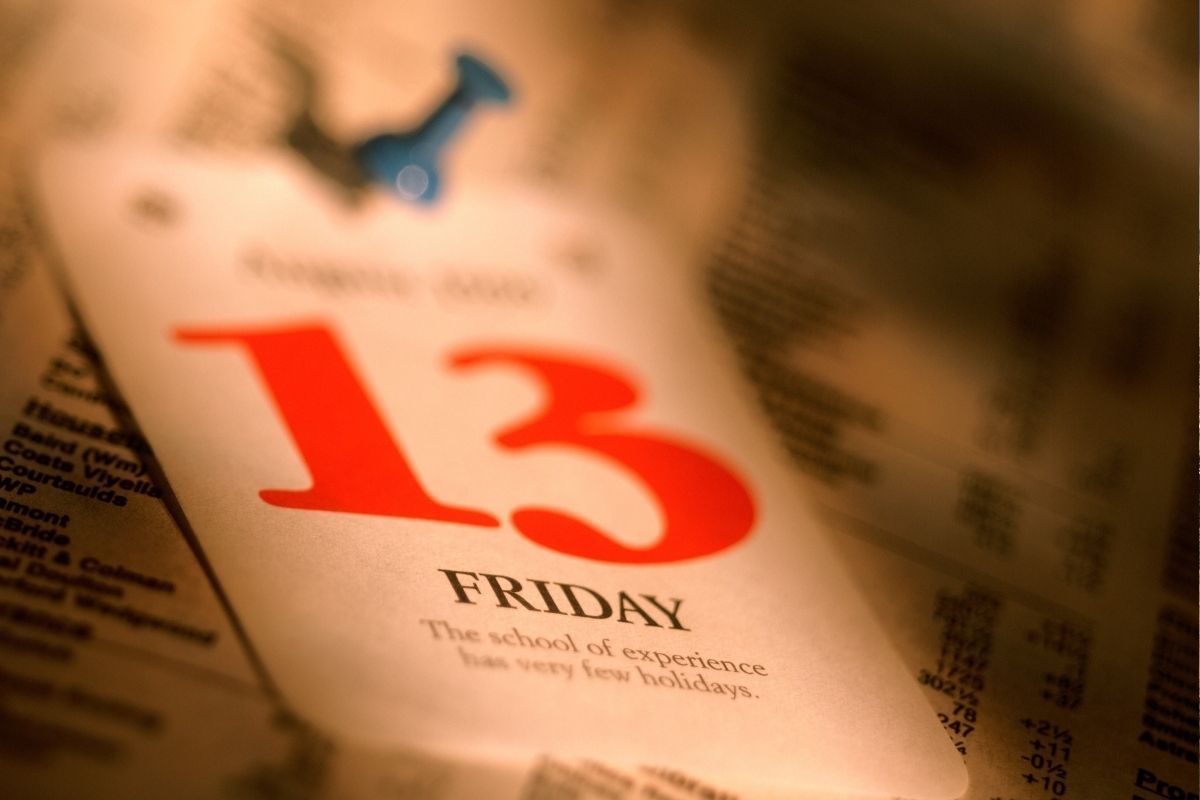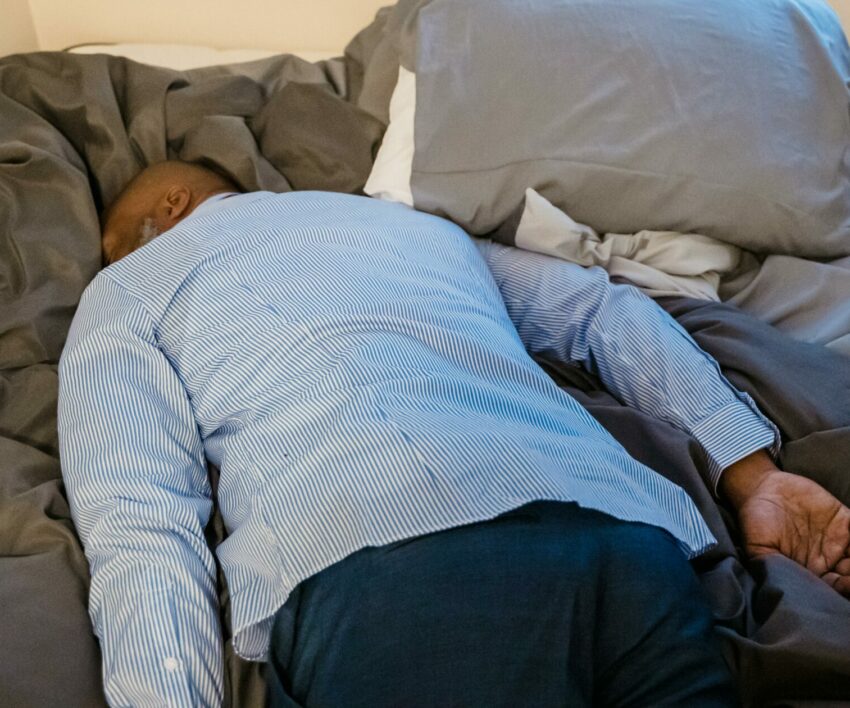
For some, it’s just another Friday. For others, it’s a date to be avoided at all costs! Friday the 13th has earned a reputation as a day when luck runs dry, disasters strike, and strange things happen. But where did this superstition actually come from – and why does it still hold power today?
The fear of 13
It starts with the number itself. Triskaidekaphobia, the fear of 13, runs deep. In many Western cultures, 13 is seen as a problem number – hotels skip the 13th floor, airlines often leave out row 13, and some people avoid scheduling major events on the 13th.
This fear is thought to trace back to ancient times. In numerology, 12 is seen as a number of completeness (12 months, 12 zodiac signs, 12 apostles). The number 13 disrupts that order – off-balance and unpredictable!
Why Friday?
On its own, Friday hasn’t always had a great reputation either. In Christianity, Friday is said to be the day Jesus was crucified. According to some biblical scholars, Eve may have also tempted Adam with the apple on a Friday.
In older Western traditions, Friday was considered unlucky for beginning journeys or making big decisions. Sailors also avoided setting sail, while tradesmen avoided starting new projects on Fridays.
The convergence: Friday + 13
The pairing of Friday and the 13th likely became infamous when the two separately unlucky elements collided. One theory suggests the superstition took hold in the 19th or early 20th century, with references to the date appearing in books and newspapers.
But a major modern turning point came in 1907, with the publication of Friday, the Thirteenth, a novel by Thomas W. Lawson. In it, a stockbroker uses the superstitious day to manipulate the stock market. Fear meets fiction – and spreads!
Then came Hollywood, of course. In 1980, the horror movie Friday the 13th turned the date into a full-blown cultural phenomenon. With masked killers and gory scenes set at a cursed summer camp, the franchise cemented the day’s sinister vibe for generations.
The power of belief
Despite the lack of real-world evidence linking Friday the 13th to misfortune, the belief itself can be enough to cause problems. Psychologists call it the “expectancy effect” – when you anticipate something bad happening, you’re more likely to notice and interpret events as negative.
Some studies have even found a slight dip in productivity or a small uptick in accidents on Friday the 13th. But that may have more to do with nervous behaviour than any cosmic curse.
So… is it really unlucky?
There’s no statistical proof that Friday the 13th is any worse than any other day. But belief can be powerful. Superstition offers a sense of control in a chaotic world. Even if we know it’s irrational, it feels like a system – a way to explain the unexplainable.
Have you experienced anything strange or scary on a Friday the 13th?
Let us know by leaving a comment below, or send a WhatsApp to 060 011 021 1
Subscribe to The South African website’s newsletters and follow us on WhatsApp, Facebook, X and Bluesky for the latest news.













